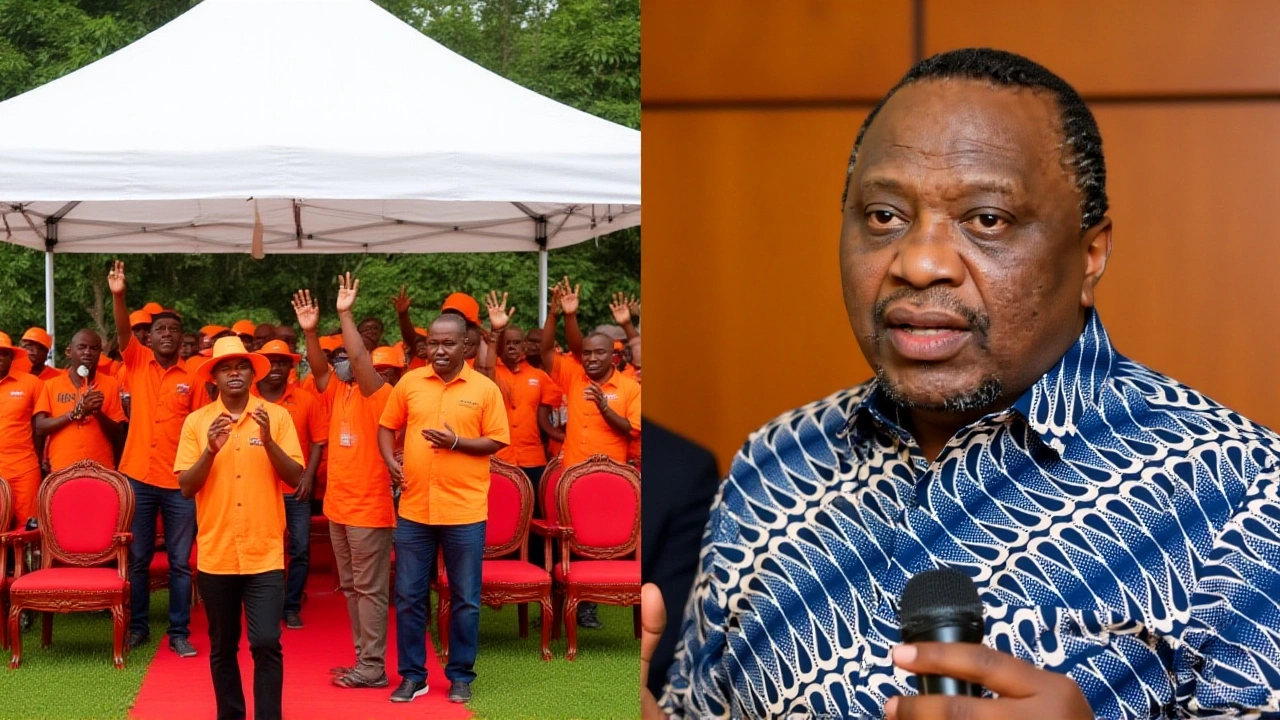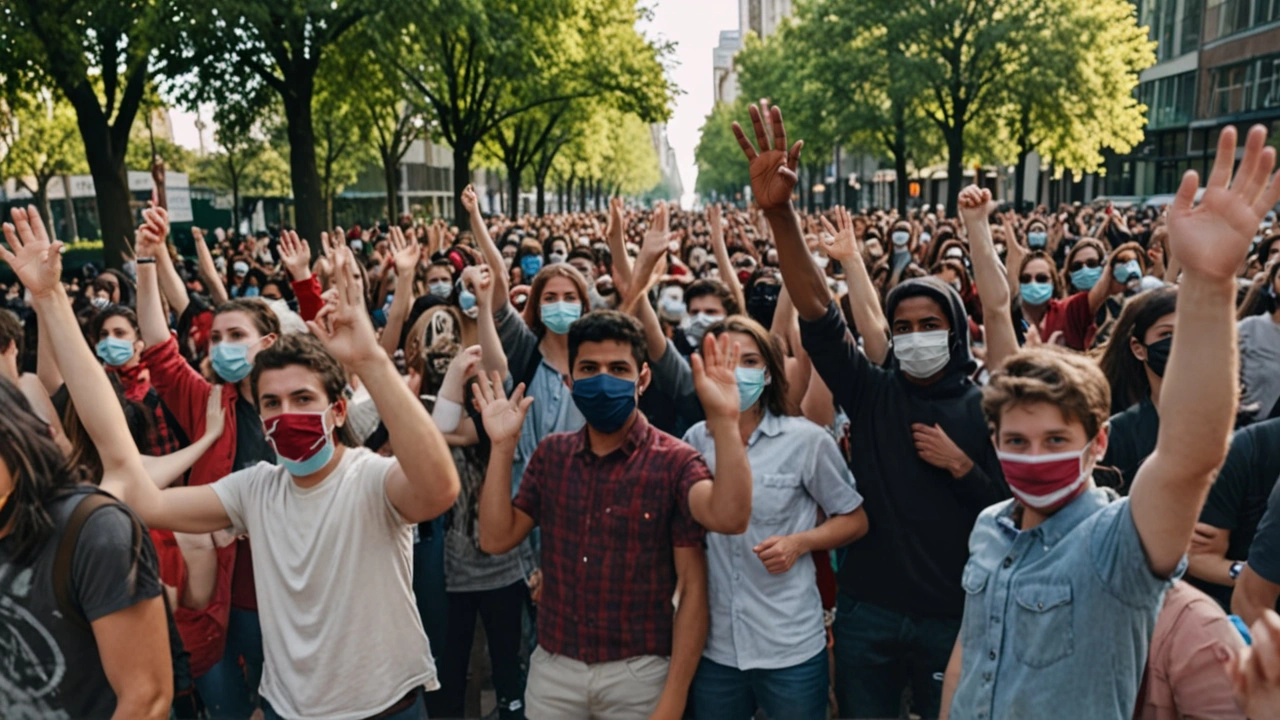Raila Odinga — What to know now
Raila Odinga is one of Kenya’s most talked-about politicians. He served as Prime Minister from 2008 to 2013, leads the Orange Democratic Movement (ODM), and has been a central figure in multiple presidential races. If you follow Kenyan politics, his moves shape headlines, protests, court cases and coalition deals.
Quick background
Raila first rose to national prominence in the 1990s and became a household name during the 2007 election crisis. That contested vote led to violence and a power-sharing deal that made him Prime Minister in 2008. Since then he has run for president several times, led opposition coalitions, and negotiated major political deals — most notably the 2018 handshake with President Uhuru Kenyatta, which aimed to ease tensions and push reforms.
He is known for strong grassroots support, especially in parts of western Kenya, and for his long record as an activist for election reform, devolution and social programs. Over the years Raila has mixed street rallies with legal challenges and high-level talks, which keeps his presence felt in both public protests and behind-the-scenes negotiations.
What to watch next
Want practical signals to follow? Watch these areas closely:
- Campaign moves and alliances: Who Raila backs or teams up with can shift power fast. Look for coalition announcements and defections.
- Court filings and election petitions: Raila’s political battles often play out in court. New petitions, rulings or appeals can trigger big political shifts.
- Public rallies and speeches: Large gatherings show his ground support and set the agenda for opposition priorities. Pay attention to the issues he stresses — they hint at strategy.
- Policy focus: Track statements on jobs, devolution, corruption and infrastructure. These signal whether he’s pushing protest-style pressure or offering a policy platform for future elections.
How we cover Raila on this tag page: we collect breaking reports, analysis pieces and updates tied to his public role. Use this page to catch new stories, background pieces and quick explainers. Prefer primary sources? Check official statements posted by his party, court documents and live coverage from reputable Kenyan outlets.
Questions often come up: Is he running in the next election? Will he form another coalition? Those answers depend on announcements and deals that can change fast. Bookmark this tag for steady updates and set alerts if you need immediate news.
Finally, think beyond headlines. Raila’s moves matter because they affect governance, public services and regional alliances in East Africa. So when he speaks or files a petition, it’s not just politics — it can reshape policy and daily life for many Kenyans.

Uhuru Urges ODM to Carry Forward Raila’s Fight for Democracy After Death
Former President Uhuru Kenyatta urged ODM to uphold Raila Odinga’s legacy of democracy and inclusion after his death, as the party gathers in Mombasa to mark 20 years without its iconic leader.

Kenyan Youth Dismiss Ruto-Raila Dialogue Proposal: Demand Immediate Action
In a bold move, Kenyan youth have dismissed the proposed multi-sectoral dialogue by President William Ruto and Azimio leader Raila Odinga. Accusing Odinga of hijacking their movement, they demand concrete actions over discussions. The 150-member panel, intended to address issues like unemployment and corruption, is now rejected by the youth in their fight for tangible solutions.